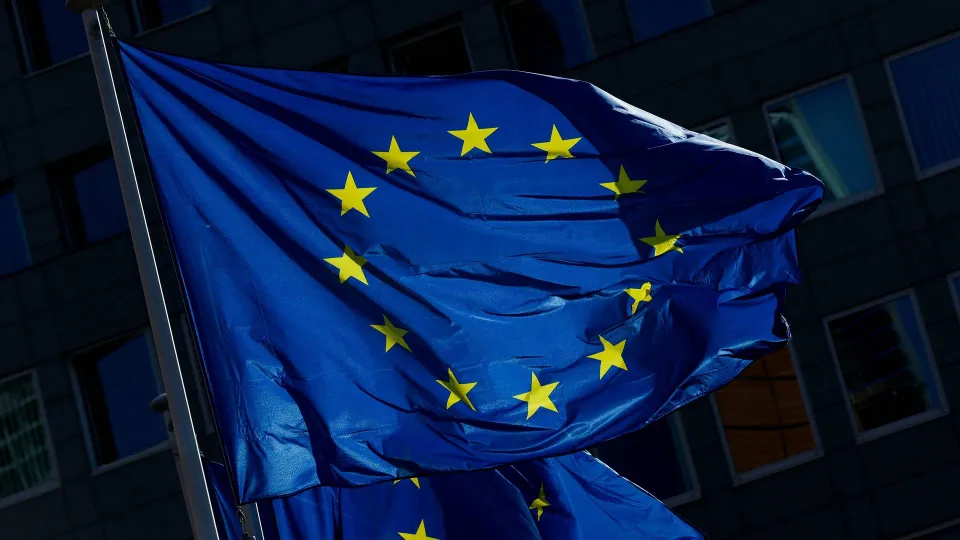Following extended talks, negotiators in the European Parliament reach agreement on a position paper for negotiation regarding the EU’s extensive revision of the Emissions Trading System. Shipping in the crosshairs as of 2024, says chief negotiator.

Photo: Kenzo /AFP / AFP
BRUSSELS – After extended discussions, negotiators for the various groups in the European Parliament came to a provisional compromise on trading CO2 quotas in the Emissions Trading System (ETS).
The chief negotiator – in the European Union often dubbed a rapporteur – of the parliament’s conservative EPP group writes as much in a statement Wednesday afternoon.
”This compromise will help to save our planet but at the same time protect European jobs and protect people from excessive prices,” states Peter Liese in a written comment.
In reality, the compromise is meant to comprise the parliament’s negotiating mandate in the upcoming legislative negotiations with EU countries in the Council of Ministers.
Regulation of the ETS – among the most central elements in the union’s comprehensive climate flagship bill, Fit for 55 – has already caused concern in the international shipping industry, however.
Added costs in the millions
Today’s announcement is also testament to a more expensive future for international shipping. In practice, the revision of the ETS will entail, among other things, that ships will have to report CO2 emissions and their owners to buy the quotas necessary to cover all concrete voyages.
The regulatory change has also been met with concern by the Port of Rotterdam, the largest merchant harbor in Europe, which recently floated worries that shipping companies would avoid European ports in the future in order to avoid the added costs.
The actual costs remain unknown. According to calculations by Norwegian consultancy Siglar on behalf of WPO, however, Chief Executive Sigmund Kyvik assessed in February that the new regulation would result in around one-third of the transport costs tied to sailing modern very large crude carriers (VLCCs) ending up as expenses for CO2 quotas.
Put briefly, the increased transport costs stand to have clear consequences for commercial decisions and to alter international trade patterns, according to the CEO.
”With today’s price already, CO2 costs will influence commercial shipping decisions, but if it increases further at the same time as the demand for reduction of shipping emissions is intensified, then we will see at some point that commercial decisions all the way down to the destination of the ship will be affected by the carbon price,” Kyvik told WPO.
Will include maritime sector as of 2024
It has not been possible to secure further comment from Liese at the editorial deadline of this article. The chief negotiator states on Twitter, however, that the compromise is expected to include the maritime sector as of 2024, while simultaneously seeking to protect the EU’s ports against CO2 emissions.
Although the parliament’s negotiators have apparently already reached an agreement when it comes to the future carbon quota trade, there is still some way to go before there will be consequences for shipping companies.





